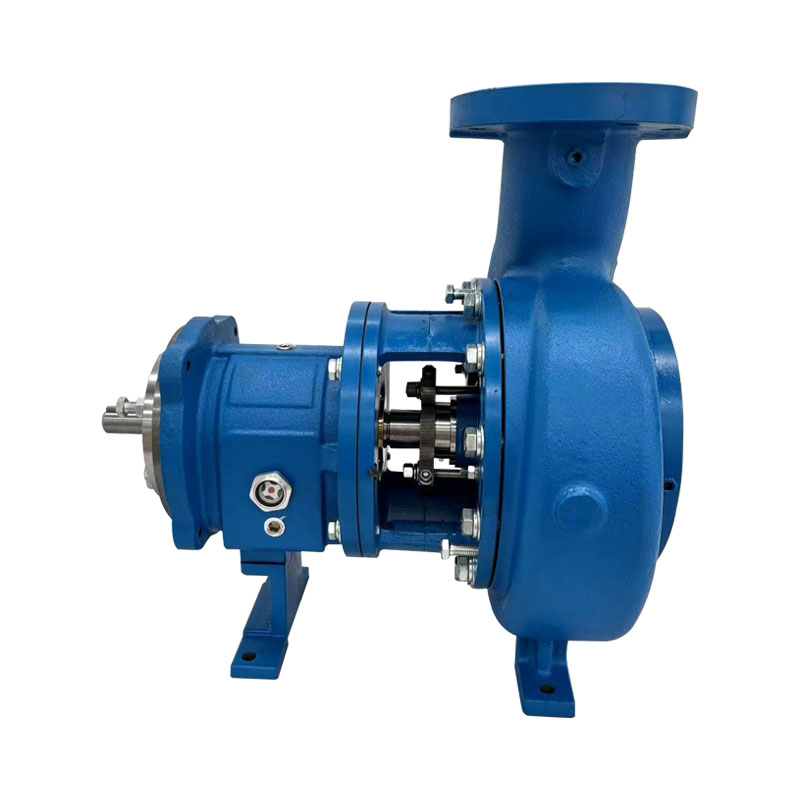What Is a Chemical Process Pump and Why Is It Important?
2025-07-09
A Chemical Process Pump is a specialized type of centrifugal pump designed to handle aggressive, corrosive, and hazardous fluids commonly used in chemical processing industries. These pumps are essential for ensuring safe, efficient, and reliable transfer of chemicals in various industrial applications.
What Are the Key Features of Chemical Process Pumps?
Chemical process pumps are engineered with durability, chemical resistance, and performance in mind. Key features include:
Corrosion-Resistant Materials:Typically made from stainless steel, high-alloy metals, or non-metallic materials like Teflon or polypropylene to withstand harsh chemicals.
Seal Options:Available with mechanical seals, double seals, or seal-less designs to prevent leakage of toxic or volatile fluids.
Standardized Design:Many chemical process pumps conform to international standards such as ISO 2858 or ANSI B73.1, ensuring compatibility and interchangeability.
Robust Construction:Designed to handle high pressures, temperatures, and continuous operation.

What Are the Main Types of Chemical Process Pumps?
1. Centrifugal Chemical Pumps:The most common type, ideal for high-flow, low-viscosity fluids.
2. Magnetic Drive Pumps (Mag Drive):Seal-less design using magnetic coupling to prevent leakage, suitable for highly toxic or flammable liquids.
3. Positive Displacement Pumps:Used for high-viscosity chemicals or precise dosing applications.
4. Vertical Chemical Pumps:Often used for tank unloading or sump applications.
What Are the Advantages of Using Chemical Process Pumps?
Chemical Resistance:Handles a wide range of aggressive and corrosive fluids without damage.
Safety:Advanced sealing systems minimize the risk of leaks, protecting both personnel and the environment.
Efficiency:Designed for continuous, reliable operation with minimal maintenance.
Versatility:Suitable for various industries including chemicals, pharmaceuticals, food processing, water treatment, and petrochemicals.
Where Are Chemical Process Pumps Commonly Used?
Chemical Manufacturing Plants
Pharmaceutical Industry
Oil and Gas Refineries
Water and Wastewater Treatment
Food and Beverage Processing
Textile and Dyeing Industry
How to Choose the Right Chemical Process Pump?
When selecting a chemical process pump, consider the following:
1. Chemical Compatibility:Ensure the pump material matches the chemical’s corrosiveness and temperature.
2. Flow Rate and Head Requirements:Choose a pump that meets the specific performance needs of your process.
3. Seal Type:Select appropriate sealing solutions to handle hazardous or volatile fluids.
4. Energy Efficiency:Opt for pumps designed to reduce energy consumption and operational costs.
5. Industry Standards:Ensure the pump meets necessary safety and quality certifications.
Conclusion
A Chemical Process Pump is a critical component in industries that handle corrosive and hazardous fluids. By offering durability, safety, and efficiency, these pumps help ensure smooth and secure chemical processing operations. Selecting the right pump tailored to your specific needs can improve productivity, safety, and environmental compliance.


